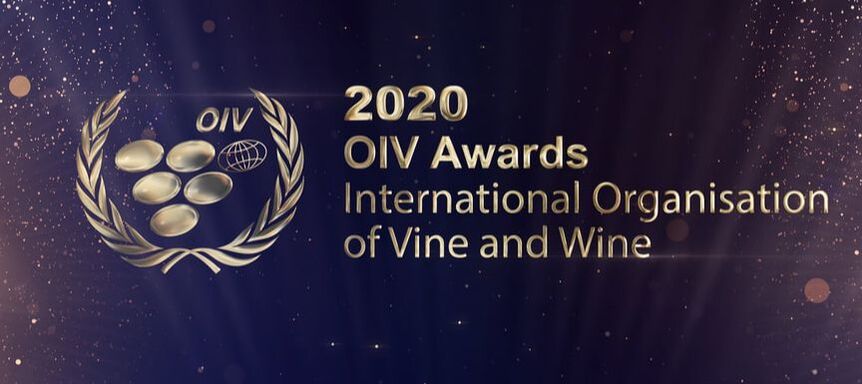 "Vinifera" by Assoenologi
"Vinifera" by Assoenologi The winners were selected from a list of 30 nominated publications (27 books and three websites) submitted by authors all over the world: 25 countries from four continents were represented, just to name a few awards went to publications from USA, Chile, France, Spain, Switzerland, Slovakia, Sweden, South Africa.
As for Italy, there have been two awards and a special mention for Assoenologi, the Italian Oenologists Association, for its publication "Vinifera: Ripartiamo dalle radici" (Vinifera. Back to the roots) coordinated by Attilio Scienza: it's a collective work by twelve authors, dealing with the origins of the genus Vitis to post-Phylloxera reconstruction, and to the new rootstocks and the development of new techniques for propagation.
 Edagricole's prize-winning book
Edagricole's prize-winning book The other 2020 OIV Award for Italy went to OICCE – Organizzazione Interprofessionale per la Comunicazione delle Conoscenze in Enologia (Interprofessional Organization for the Communication of Oenology-based Knowledge). Its book "Il grande libro del Vermouth di Torino" (The Grand Book of Vermouth di Torino) coordinated by Giusi Mainardi and Pierstefano Berta, won under the Monographs and Specialised Studies Category. Fourteen authors tell the story of the refined vermouth, one of Piedmont’s finest alcoholic products, through its history, methods of production, economy (branding and marketing) and also delving into its influence as to culture and lifestyle.
About OIV
The OIV was created in 1924 as a response to the international viticulture crisis. It's a technical and scientific intergovernmental organisation which operates under a renewed agreement, signed in 2001 and brings together the world of vine and wine to collaborate within the sector.
It started off with only six members but it now counts 47 member states across five continents: these countries are responsible for 85% of the global production and 80% of the consumption of wine in the world. Among them there are countries with a long standing wine-growing tradition like Italy, France, Greece and also the latest rising markets like Australia, Chile, Argentina, South Africa, India and many other Mediterranean, South American, European and Middle-Eastern countries. Also some observers are admitted, currently there are 14 of them oncluding the European Union as a whole.
The OIV aims to inform, assist, harmonise, standardise and support the vitivinicultural sector. To achieve these goals, it works through a network of over 1,000 experts from around the world. International collaboration provided through the OIV has grown increasingly important, as more than two out of five wine bottles consumed in the world are imported.


 RSS Feed
RSS Feed